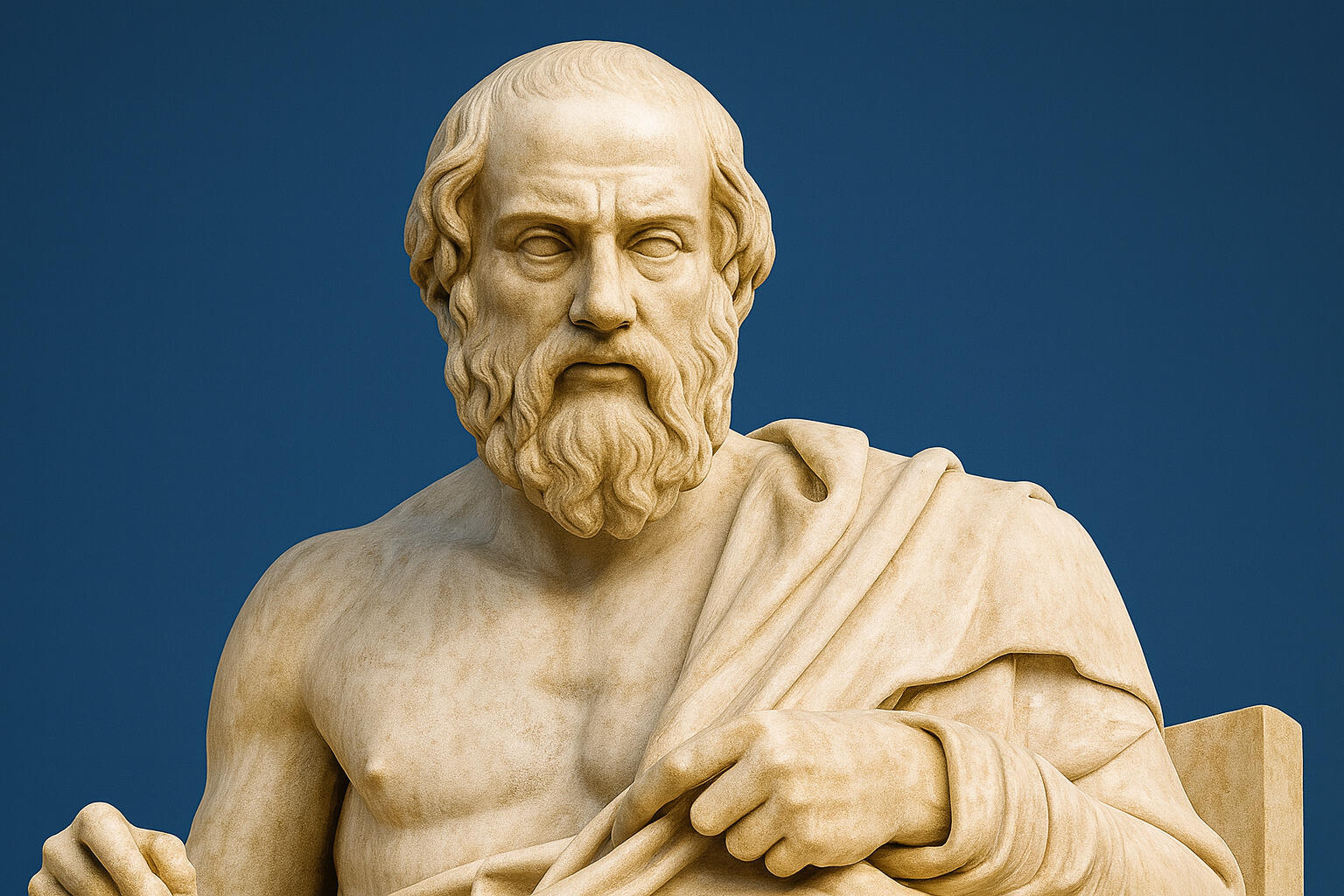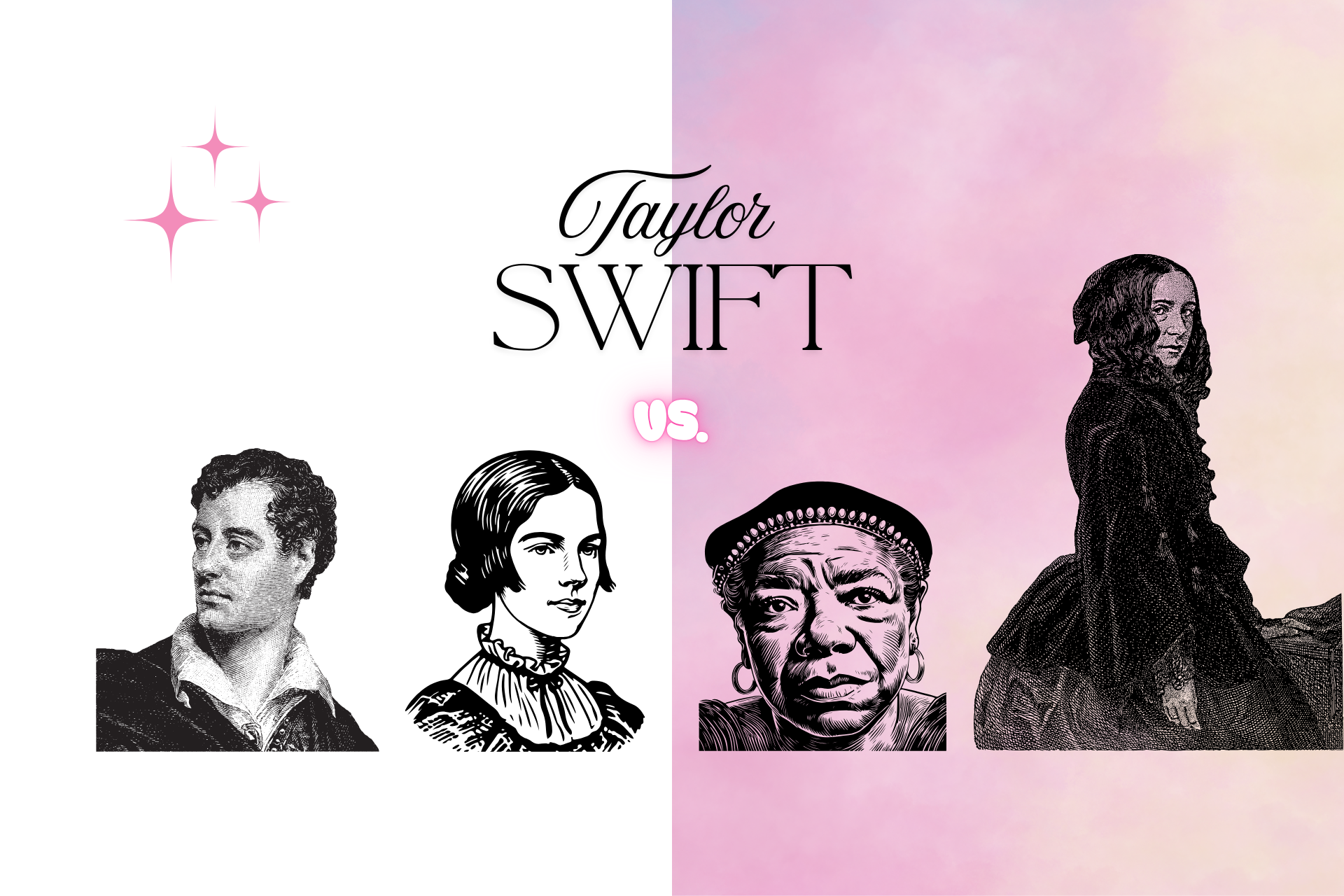In ancient Greece, philosophy wasn’t just an abstract discipline — it was a way of life. The great thinkers didn’t stop at writing books or delivering lectures; they founded genuine schools, communities where people discussed ideas, studied together, and applied ethical and moral principles to everyday living.
Between the 4th and 3rd centuries BC — spanning the end of the Classical era and the dawn of the Hellenistic age — four major schools of thought emerged, each destined to leave an indelible mark: the Platonic School, the Aristotelian School, the Stoic School, and the Epicurean School.
Plato and Aristotle’s schools came first, during or before the reign of Alexander the Great, embodying the high point of classical thought: truth, virtue, and the structure of society. Stoicism and Epicureanism appeared soon after Alexander’s death, in a time of political and cultural upheaval, shifting the focus towards the individual and inner wellbeing.
And perhaps, without even realising it, your own way of seeing life already aligns with one of these traditions.
To find out, try our quiz and see which philosophy reflects you most:
Quiz
Quiz :
Four Great Schools of Ancient Philosophy
In a rapidly changing world, these schools offered their followers a moral and intellectual compass. Each proposed a different understanding of happiness, virtue, and the meaning of existence.
The Platonic School
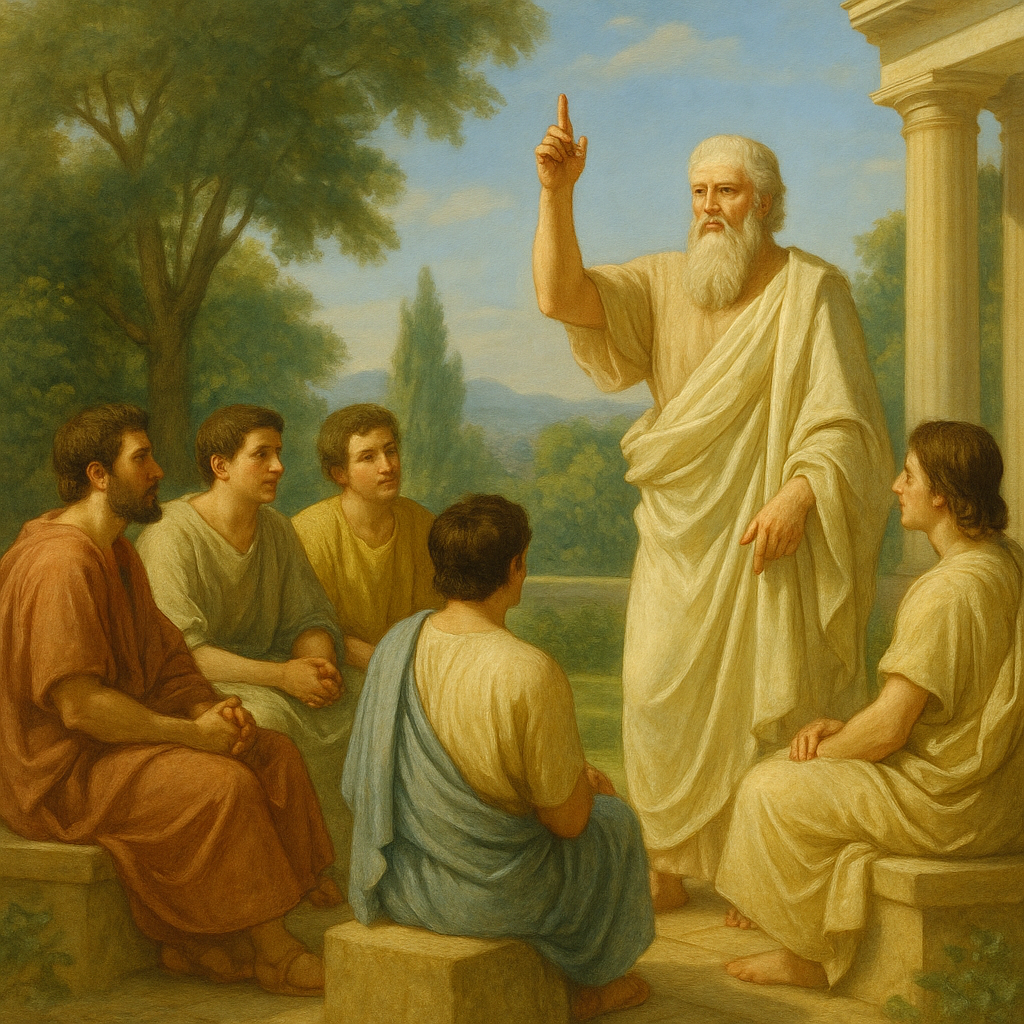
Founded by Plato in 387 BC, it centres on the belief that the sensory world is only a shadow of a perfect, eternal, ideal reality. For Plato, our purpose is to rise towards this higher truth through reason, education, and philosophical dialogue. For the Platonists, knowing the Good also means living justly.
The Aristotelian School
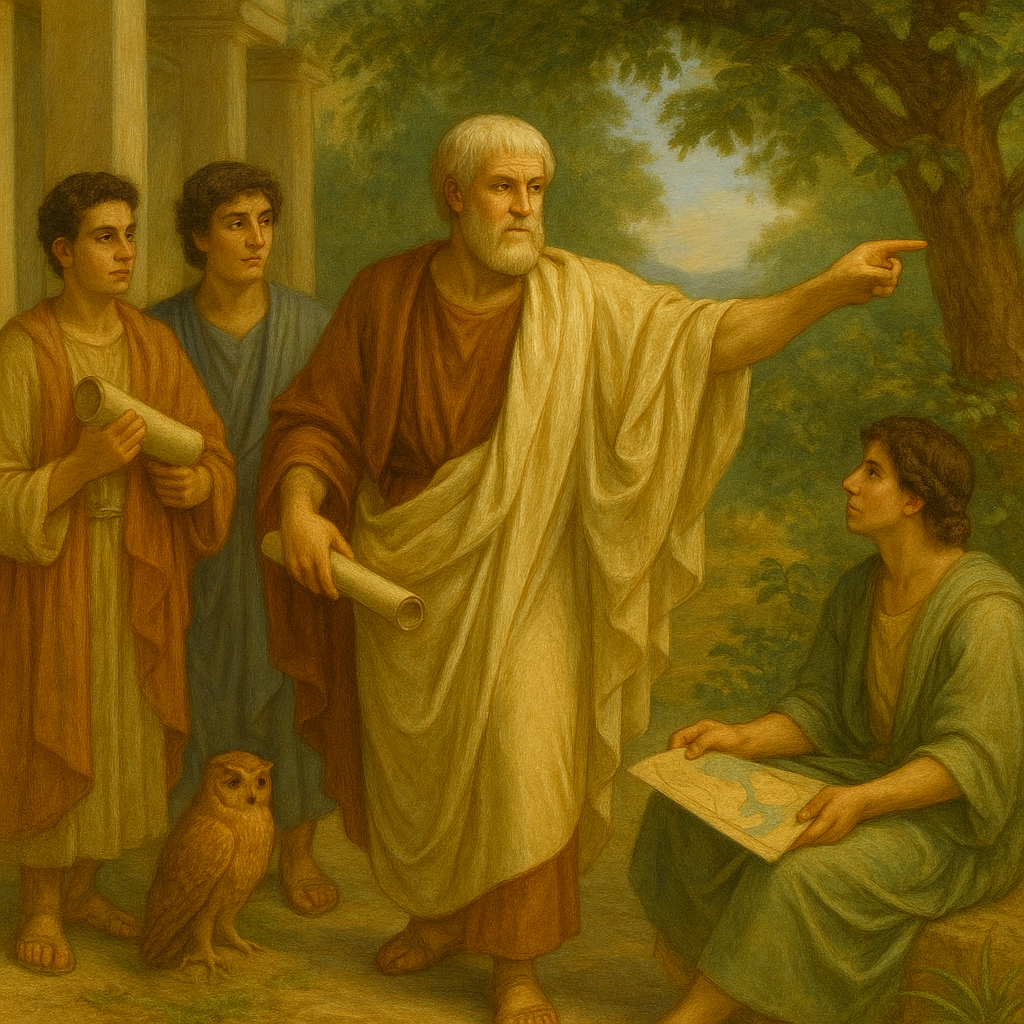
Founded by Aristotle in 335 BC, during the reign of Alexander the Great, it is known for its practical and observational approach. Aristotle believed that happiness (eudaimonia) comes from the steady practice of virtues, balancing personal interest with the common good. For him, humans are “political animals” who fulfil themselves within a community.
The Stoic School

Founded by Zeno of Citium around 300 BC, at the height of the Hellenistic era, Stoicism teaches that we cannot control what happens to us — but we can always choose how to respond. Living according to nature, accepting the inevitable, and cultivating virtue were its guiding principles. The school found great interpreters in Rome, such as Seneca and Marcus Aurelius.
The Epicurean School
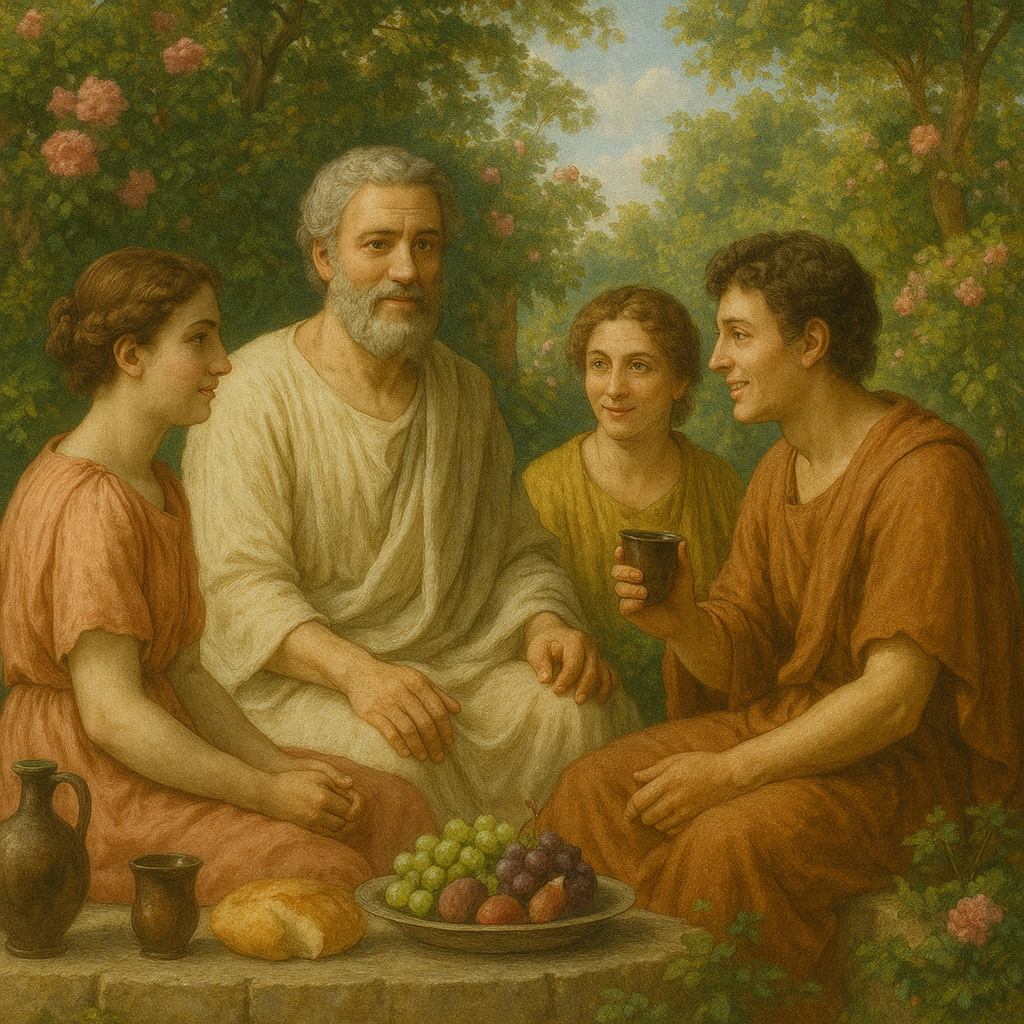
Founded by Epicurus in 306 BC, it promoted a sober, thoughtful idea of pleasure: not unrestrained luxury, but freedom from physical pain and mental disturbance. Epicurus encouraged the cultivation of genuine friendships, the avoidance of unnecessary desires, and the enjoyment of life’s simple, everyday pleasures as the true path to happiness.
These four schools represent different but complementary ways of living. Platonists seek ideal truth, Aristotelians aim for balance between reason and action, Stoics cultivate calm in adversity, and Epicureans pursue measured, lasting pleasure.
To explore them is not only to take a journey through the history of thought, but also to reflect on our own way of being today.
Applying Ancient Philosophy to Everyday Life
We still speak of Plato, Aristotle, the Stoics, and Epicurus not out of academic nostalgia, but because their questions remain ours: What is the good? How should I act? How do we face pain? What does it mean to be happy?
Each school offers its own answer — shaped by its time, yet still relevant because it speaks to the human condition itself. These are not simply “theories” to memorise, but practical approaches to life that we can still draw upon.
Thinking Like a Platonist 🧠
To be a Platonist today is to reject immediacy as the only measure of truth. Plato reminds us that what we see is just the shadow of a deeper reality. In modern life, this means refusing to settle for first impressions — whether from a social media feed or a hasty judgement — and looking for the underlying causes and principles.
Example: Before changing jobs, ask not only “Will it benefit me?” but “Does this align with my idea of a good life?”
Benefit: Making choices rooted in solid values rather than fleeting impulses.
Acting Like an Aristotelian ⚖️
For Aristotle, virtue is not innate but cultivated. The good life lies in balance: avoiding both excess and deficiency, and finding the “golden mean” each time. Today, the Aristotelian is someone who can reconcile personal ambition with the wellbeing of the community — a message as relevant as ever.
Example: Pursuing professional success while strengthening, not damaging, the trust of colleagues and clients.
Benefit: Combining competence with ethical responsibility, gaining credibility and respect.
Resisting Like a Stoic 🪨
From Zeno to Marcus Aurelius, the Stoics remind us that we cannot control events, only our reactions to them. In a world awash with anxiety and uncertainty, Stoicism teaches us to distinguish what depends on us — and deserves our energy — from what does not, and should be accepted calmly.
Example: Faced with unfair criticism, avoid responding in anger; decide if your reputation truly depends on that opinion before acting.
Benefit: Reducing frustration, keeping a clear mind, and preserving relationships in challenging times.
Enjoying Like an Epicurean 🍇
Epicurus is often misunderstood as advocating indulgence; in fact, his idea of pleasure was measured and deliberate. True joy lies in the absence of pain and mental turmoil, cultivated through simple, mindful choices. In our era of “more is better”, Epicureanism invites us to rediscover quality over quantity.
Example: Choosing to share a simple, heartfelt meal with a close friend rather than an extravagant dinner among strangers.
Benefit: Living with gratitude, free from the pressures of overconsumption, and finding serenity in authentic connections.
These paths aren’t mutually exclusive — life often calls for a blend: the Platonist seeking truth, the Aristotelian balancing, the Stoic enduring, the Epicurean delighting. Real wisdom is knowing which voice to follow at the right moment — and when to let the others speak.
Summarise with AI:

